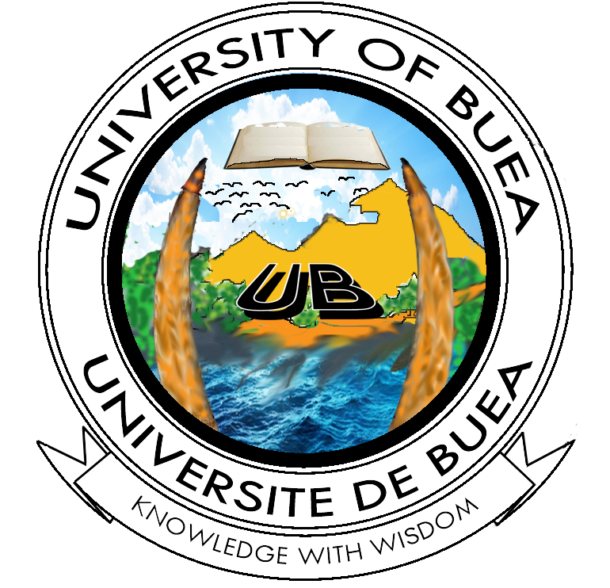Duration: 3 years
Fee Paying: No
Overall Aim The professional minor in MTS aims to show how physical/chemical, mechanical principles are applied to materials recovery, processing, and application in all spheres of activity, through the integrated approach of exposing structure/property/performance relationships for these materials and their manufacturing processes. It draws its examples from locally available raw materials already important in the local industrial sector and capable of stimulating local industrial growth.
Admission Requirements
At least 2 G.C.E, Advanced level passes, one in Biology, Zoology or Human Biology.
Objectives
The Parasitology programme aims at the production of scientific and technological manpower necessary for achieving national goals. The objectives of the programme are:
- To produce parasitologists who have a strong background in general parasitology.
- To provide theoretical and practical training aimed at enabling students acquire knowledge on parasites ecology and evolution, vectors, interaction parasite / host and their public health importance.
- To train students on techniques used in the diagnosis of parasitic infections.
- To provide courses in parasitology to students of other Departments and other Faculties where degree options require some knowledge on the areas listed in (ii) and (iii) above.
Graduation Requirements
The number of course credits required for the award of a BSc degree in Parasitology shall be 180 credits including the general University requirements.
Skills Acquired
Students graduating with a degree in parasitology will acquire the following skills during their training:
- Various techniques (parasitological, immunological and molecular) involved in the study and diagnosis of parasitic diseases.
- Methods used in controlling parasitic infections
Employment Opportunities
A graduate with a degree in parasitology may engage in teaching; work in the paramedical field (Laboratory technologist). A graduate from the parasitology programme will be well prepared to get into research or further his/her education to postgraduate levels.
Courses
Compulsory Courses
- BCH202: Biophysical Chemistry and Bioenergetics
- BCH301: Structural Biochemistry I
- BCH302: Metabolic Biochemistry I
- BCH303: Structural Biochemistry II
- BCH310: Genetics
- BCH401: Enzymology
- BCH404: Molecular Biology
- BCH405: Metabolic Biochemistry II
- BCH412: Introduction to Biotechnology and Bioinformatics
- BIO201: Cell biology
- BIO401: Biometry and Research methods
- CHM201: General Chemistry
- CHM244: General Organic Chemistry
- CHM343: Chemistry of Organic Compounds
- MAT211: Mathematical Methods
- MCB301: General Microbiology
- MCB402: Immunology
- PHY220: GeneralPHYsics
Elective Courses
- BCH311: Tissue and Organ Biochemistry
- BCH312: Nutritional Biochemistry
- BCH409: Supra-Molecular Assembles
- BCH410: Biochemical Methods II
- BCH414: Biochemical Pharmacology
- BCH416: Clinical Chemistry
- BCH498: Research Project in Biochemistry
- BIO301: General Ecology and Conservation
- BOT201: Lower Plants
- BOT202: Higher Plants
- BOT308: Principles of Taxonomy andPHYtography
- BOT401: Plant Anatomy and Histology
- BOT412: Principles and Methods in PlantPHYsiology
- CHM312: Analytical Methods in Chemistry
- CHM325: Inorganic Chemistry
- CHM402: Chemistry and the Environment
- CHM438: Chemical Thermodynamics
- CHM441: Organic Synthesis and Reaction Mechanisms
- MLT201: Human Biology - Anatomy and physiology
- MLT202: Human Pathology
- MLT301: Haematology
- MLT302: Endocrinology
- MLT401: Clinical Biochemistry and Analytical Chemistry
- MLT402: Basic Pharmacology and Pharmacological Biochemistry
- ZOO201: Invertebrate Zoology
- ZOO202: Vertebrate Zoology
- ZOO302: AnimalPHYsiology
- ZOO402: Animal Behaviour and Evolution
- ZOO405: General Parasitology
Language Requirements
- ENG101: Use of English I
- ENG102: Use of English II
- FRE101: Functional French I
- FRE102: Functional French II


